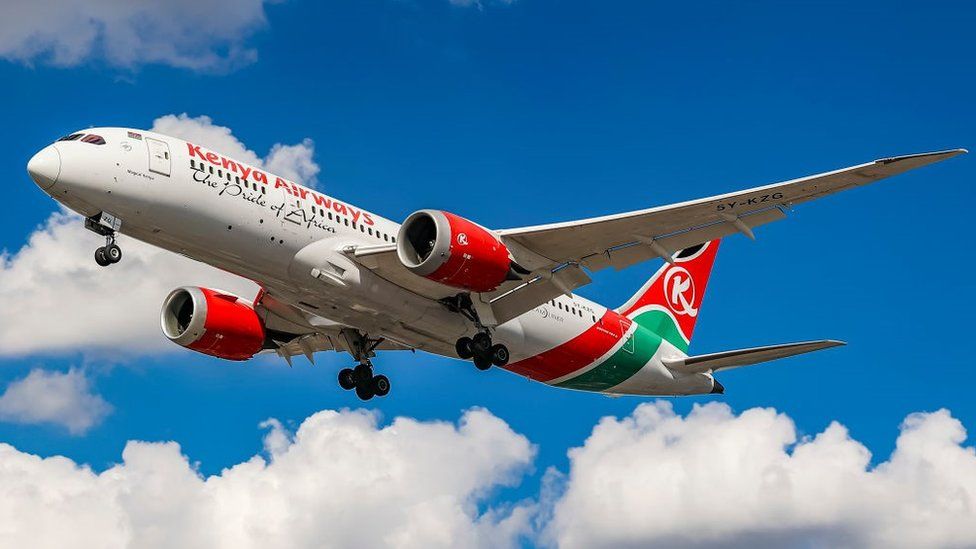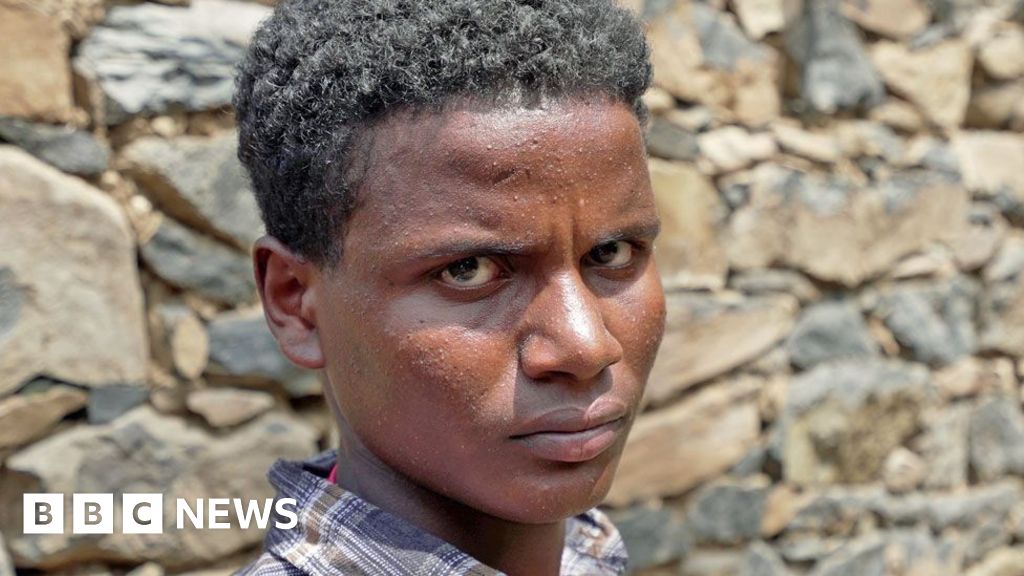ARTICLE AD BOX
 Image source, Getty Images
Image source, Getty Images
By Rebecca Kesby
Business Daily, BBC World Service
Flying within Africa is more expensive than just about anywhere else in the world. Travellers pay higher ticket prices and more tax.
It is often cheaper to fly to another continent than to another African country.
For a quick comparison, flying from the German capital, Berlin, to Turkey's biggest city, Istanbul, will probably set you back around $150 (£120) for a direct flight taking less than three hours.
But flying a similar distance, say between Kinshasa, capital of the Democratic Republic of Congo, and Nigeria's biggest city, Lagos, you will be paying anything between $500 and $850, with at least one change, taking up to 20 hours.
This makes doing business within Africa incredibly difficult, and expensive - and it is not just elite travellers that are affected.
The International Air Transport Association (IATA) - the global trade body representing some 300 airlines which make up about 83% of world air traffic - argues that if just 12 key countries in Africa worked together to improve connectivity and opened up their markets, it would create 155,000 jobs and boost those countries' Gross Domestic Product (GDP) by more than $1.3bn.
"Aviation contributes directly to the GDP in every country. It generates work and it activates the economy," says Kamil al-Awadhi, IATA's regional vice-president for Africa and the Middle East.
Adefolake Adeyeye, an assistant professor of commercial law at the UK's Durham University, agrees that Africa as a whole is missing out because of its poor air service.
"It's been shown that air transport does boost the economy. As we've seen in other continents, budget airlines can improve connectivity and cost, which boosts tourism, which then creates many more jobs," she says.
The poor quality of road networks and lack of railways in many African countries often makes air transport the practical choice for cargo too.
The climate emergency, which has severely impacted Africa, means everyone needs to be more careful about their carbon footprint and should aim to fly a lot less.
But even though around 18% of the world's population lives in Africa, it accounts for less than 2% of global air travel and, according to the UN's Environment Programme, just 3.8% of global greenhouse gas emissions. This is in contrast to 19% from the US and 23% from China.
Africa may be rich in minerals and natural resources, but of the 46 nations on the UN's Least Developed Countries list, 33 are on the continent, and poverty continues to be the biggest daily threat for millions of people on the continent.
But there is also a growing middle-class who could potentially travel by air if the tickets were priced at similar levels to Europe or elsewhere.
Getty
Every government in Africa wants to see their flag on the tail of an aircraft at Heathrow or JFK"
African states have been trying for decades to integrate the aviation sector, but they haven't been successful, yet.
"There needs to be a coherent strategy by Africa to address the issue of its poor air service if they want to transform Africa's economies," says Zemedeneh Negatu, the global chairman of US-based investment firm Fairfax Africa Fund.
He says that flights within Africa are still structured around cumbersome bilateral agreements from one country to the next, and that most flag-carrying state airlines in Africa barely cover their costs, while some even run at a loss.
"Every government in Africa wants to see their flag on the tail of an aircraft at Heathrow or JFK airport, but African governments need to realise that stand alone carriers are not viable."
Mr Zemedeneh argues that African airlines should take inspiration from Europe and form major partnerships, such as between flag-carriers Air France and KLM of The Netherlands, and the Anglo-Spanish International Airlines Group (IAG) formed between British Airways and Iberia.
He says even in the rich market of Europe, conglomeration is the way forward for airliners to survive, and provide a cheaper more reliable service.
The current system in Africa is very fragmented, and although 35 countries are signed up to the Single African Air Transport Market, an African Union (AU) initiative to free up the skies to African airlines and bring down costs, it could be years before it's implemented.
IATA's Mr Awadhi says governments are reluctant to work together.
"There is a hard-headedness where each state thinks they know how to handle it better and will stick to their remedies even when they are not very effective," he says.
"In the end it's a business and there is a level of protectionism that starts to hurt the aviation industry. Then there is no benefit to having your own national carrier."
There is one notable exception in Africa of an airline that is absolutely thriving, and that could provide a blueprint for others to copy - Ethiopian Airlines.
Just over 15 years ago the company employed about 4,000 people. Now that figure is over 17,000.
It is state-owned but run entirely as a commercial venture without government interference.
It has more than doubled the size of its fleet of cargo and passenger planes and has made Addis Ababa a regional hub, driving foreign currency into the Ethiopian capital, and boosting the country's service industry.
At the turn of the millennium Ethiopia was one of the poorest countries in the world, now it's one of the fastest growing economies.
Mr Zemedeneh, an Ethiopian-American who played a key role as an adviser to Ethiopian Airlines as it developed its strategy, says Ethiopian Airlines has played a part in that boom.
"Ethiopian Airlines generates millions of dollars in hard currency for the country, and it makes every Ethiopian proud that they have been able to create one of the most successful indigenous African-owned, African-operated, multinational companies," he adds.
African travellers will be hoping these kinds of commercial successes will ultimately impact their airfares, bringing them down more in line with Europe or Asia - and that they can finally get to where they want to go more quickly and cheaply.

 1 year ago
19
1 year ago
19








 English (US)
English (US)